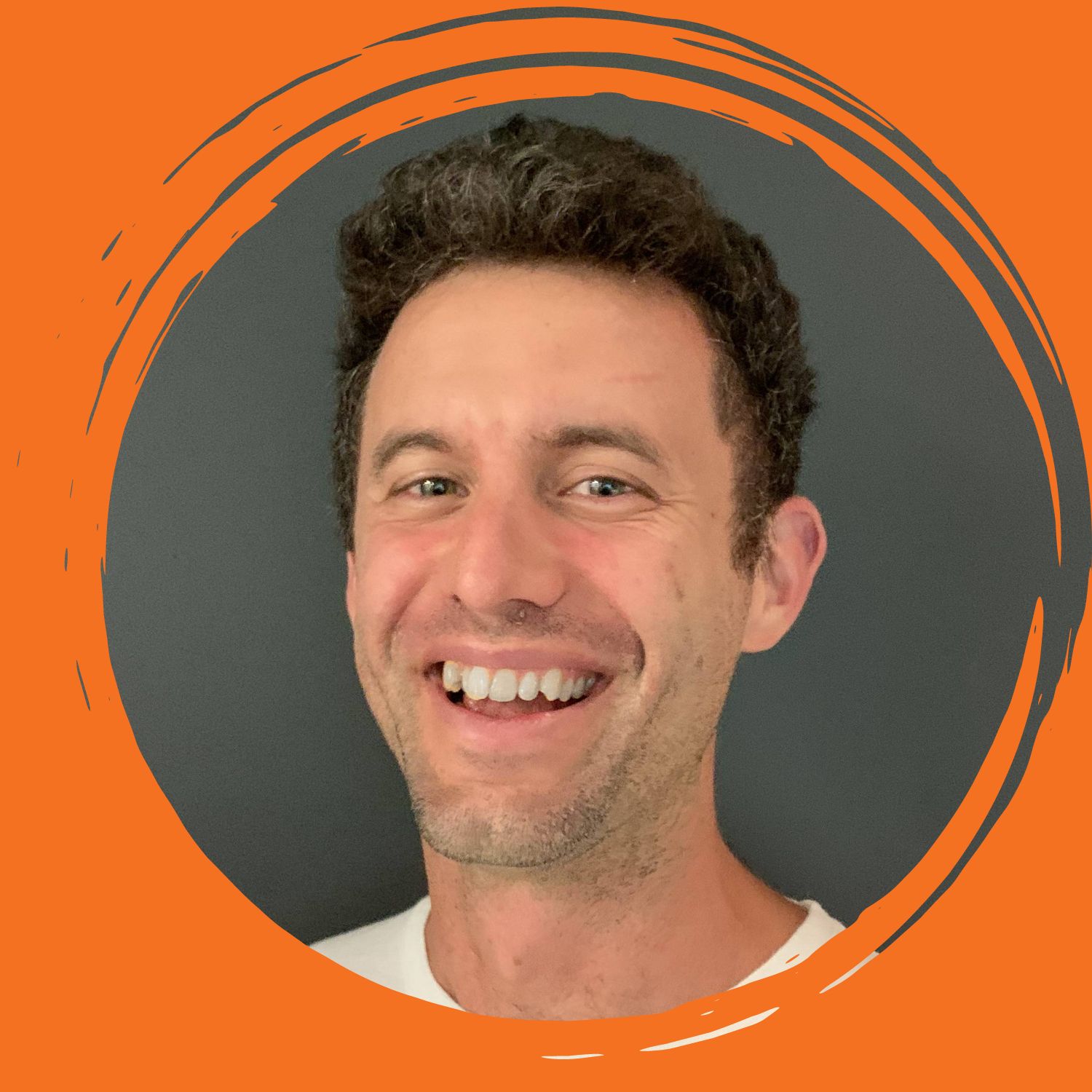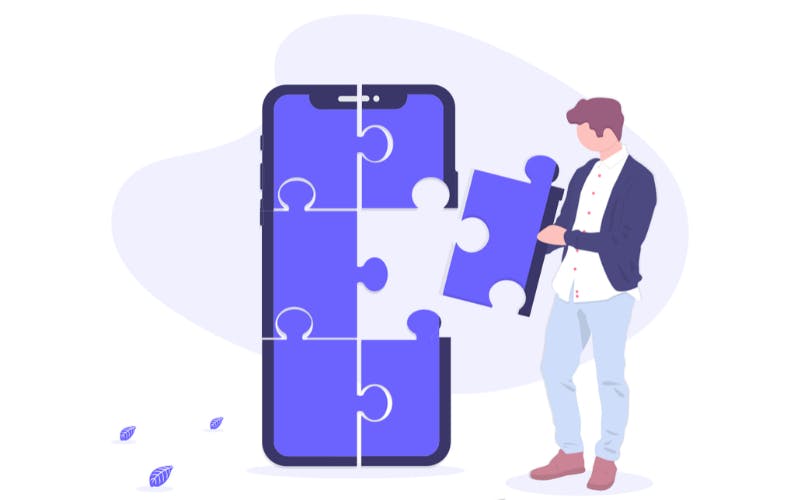8,186 reads
Who is Product Engineer
by
March 12th, 2020
Audio Presented by

Scott is the CEO and founder of Terem, Australia’s leading tech product development firm.
About Author
Scott is the CEO and founder of Terem, Australia’s leading tech product development firm.
